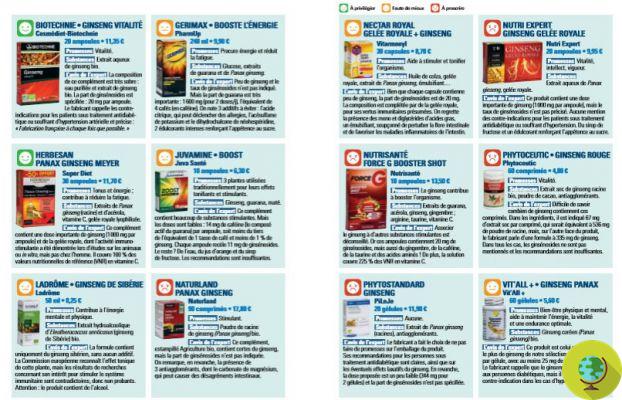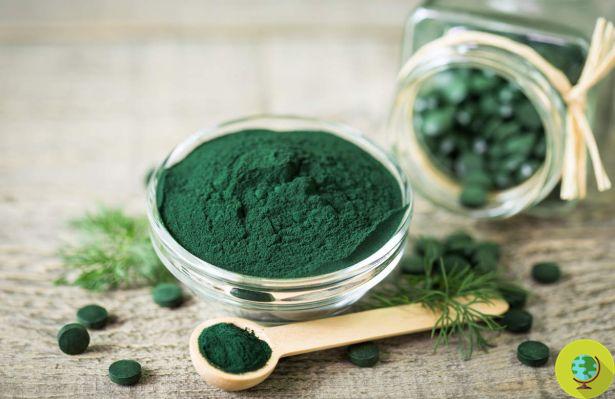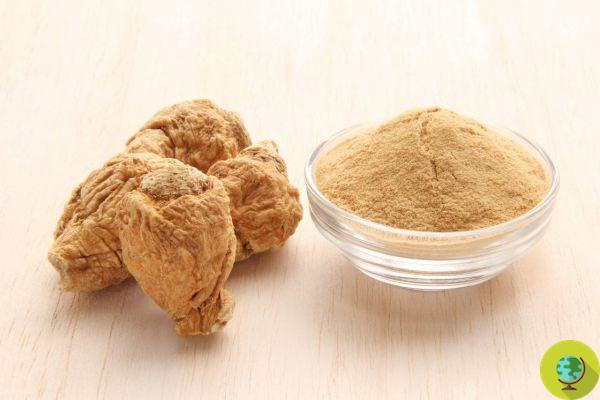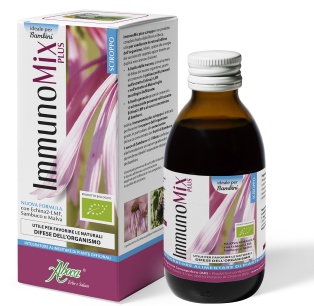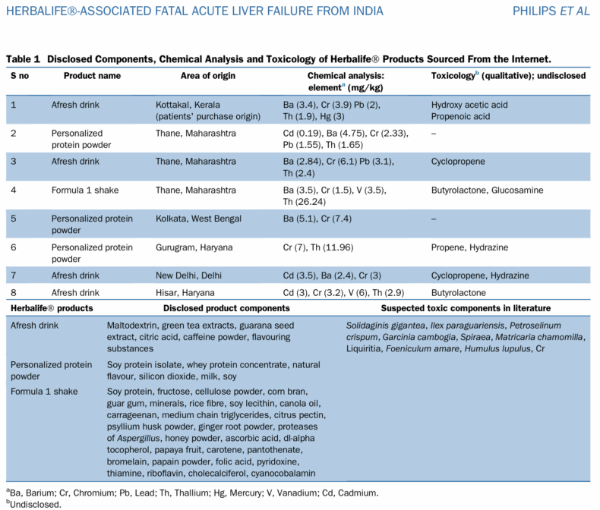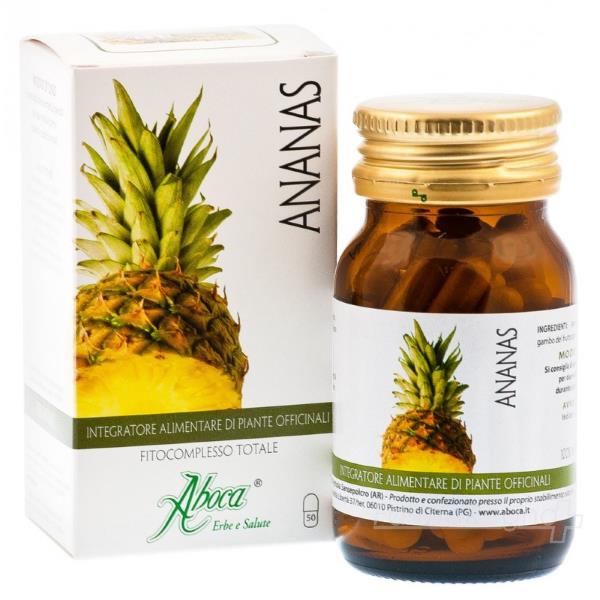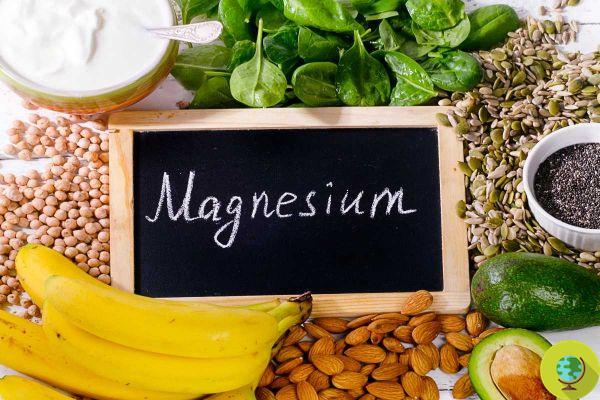
Can magnesium supplements become addictive and lose their effectiveness over time? Let's find out if it can happen.
Don't store avocado like this: it's dangerousCan magnesium supplements become addictive if used for too long and lose their effectiveness over time? Let's find out if it can happen
Magnesium is a mineral with countless beneficial effects for our body. It acts in the metabolism of sugars, proteins and fats, participates in blood coagulation, regulates the pH and digestive processes, promotes relaxation so much that it is recommended before bedtime, helps to fix calcium in the bones and teeth.
This is why its deficiency can cause various ailments, from cramps to inflammation to mood swings. The use of supplements would seem the ideal solution but many wonder if there is a risk of developing tolerance.
In this regard, the doctor of chiropractic and functional medicine Stacie Stephenson stated that at the moment there is no scientific research that demonstrates the development of tolerance and addiction to magnesium supplements by people who use them.
If anything, the problem could depend on the fact that some mineral supplements, for example al iron or calcium, they compete with each other for absorption. This is why it can happen that magnesium supplements suddenly no longer work as they used to. The best way to understand this is to make a note of any other supplements taken with them and try to eliminate them for a while by taking the magnesium alone.
Also some medications, for example bisphosphonates, antibiotics and diuretics, according to dietitian Amy Kimberlain, they can interact or interfere when taken together with magnesium supplements. And therefore it is always advisable to speak with your doctor to understand how and when it is best to take magnesium to fully benefit from it.
Furthermore, it must be considered that supplements alone may not be enough, it is always better to associate them with foods rich in magnesium, from black beans to chickpeas, from lentils to dark green vegetables such as spinach and cabbage. Other foods also contain magnesium, for example avocado, low-fat yogurt, kiwi, blackberry, raspberry, almond, walnut, pine nut. And especially dark chocolate.
On magnesium you might also be interested in:
-
Magnesium supplements
-
Magnesium: the most common symptoms of a deficiency
-
Supreme magnesium®: what it is for, properties, doses, intake and contraindications
-
Magnesium diet: how it works, what to eat, weekly schedule and contraindications
-
Magnesium and vitamin D: why you should take them at the same time
-
Dark chocolate and magnesium: in help against pancreatic cancer
-
Magnesium, better than drugs for anxiety and depression




